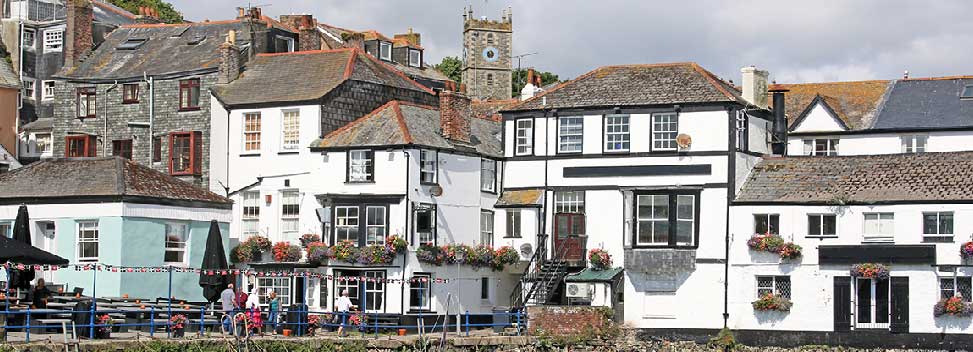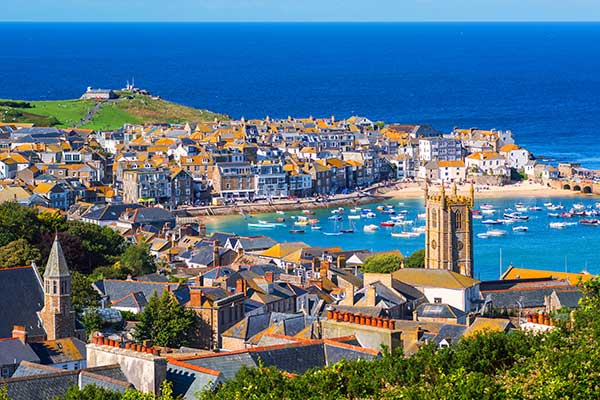Is it the end of tax relief for UK holiday homeowners?
Written by Nick Grant
|
Published on 22nd January 2019
|
Last Updated on 27th February 2024
|
Read time: 6 minutes

The Government will decide this year whether holiday lets should be valued for business rates or for council tax. Currently, if an owner declares that their property is available for rent it out, then they can receive favourable tax treatment. In fact, holiday homeowners currently do not have to prove that the property is actually let, or even whether it was marketed for letting.
For this reason, HMRC is concerned that some holiday homeowners are playing the system, as right now properties have to be let for short periods, totalling at least 70 days to qualify for business rates. The Government’s proposal suggests increasing this period to at least 140 days, as part of a review of tax rules for second homes in Cornwall, after campaigning by local councillors and MPs against the boom of the holiday lets and the construction of more homes for second home owners. In Cornwall alone, local governments estimated the County Council could be missing out on up to £10m in unpaid taxes in holiday cottages for 2018.
Furthermore, after April 2019, it’s likely the income from cottage or coastal lets might be significantly higher than returns from other property investments, such as buy-to-let properties.
British holiday homes on business rates are likely to qualify for Small Business Rate Relief, providing 100% relief on business rates (for properties with a rateable value of up to £12,000). The Government’s attempts to close this tax loophole being exploited by the owners of second homes in the UK and overseas, as if they declare that the property is available for holiday letting, and then they can receive favourable tax treatment and “do not provide strong enough protections against abuse”, declared the Local government minister Rishi Sunak recently.
What does this mean for holiday properties for rent in the UK?
Some owners of second homes have to pay council tax unless they declare their second homes as being let for holiday use and register them as businesses. They would have to be registered for business rates but most qualify for small business rate relief for having a rateable value of £12,000 or less — by doing these second home owners avoid paying any tax at all.
These measures are expected to strengthen the checks already in place, and to ensure that genuine holiday let businesses are able to demonstrate their eligibility for business rates relief.

The consultation ended on 16 January and will decide whether the current arrangements for valuing second homes for business rates and claiming relief provide strong enough protections against abuse. This time of the year, many of us are thinking about our self-assessment tax returns, which are due by the end of January if filing online.
Have you declared your holiday rental income?
Do you know that if you are new to the holiday business, you need to register with HMRC within 3 months of receiving any gross rent? HMRC is currently running a campaign named “Let Property Campaign” to encourage holiday homeowners to declare their rental income here in the UK or from overseas properties. So anyone who begins to rent their property out must declare their rental income and you have to pay tax on it as long as the rental income is above £2,500 per annum through your Self-Assessment tax return. This rule includes the whole properties or rooms in residential homes, as well as unpaid tax on their let property. Otherwise, the homeowner needs to report it.
In addition, when preparing your tax return, be as accurate as possible, as you can also be charged a penalty by HMRC if you don’t take reasonable care with your tax affairs, and remember to keep all your paperwork for 7 years in case the HMRC want to ask any questions.
Do you have to declare your cottage income if your holiday home is owned by a company?
In the case where your holiday rental property is owned by a company you are already required to show rental income in the same way as any other business income and you must include your income on a Self-Assessment tax return, if the income is between £2,500 and £9,999 after allowable expenses.
As a holiday homeowner your property may be eligible for Furnished Holiday Letting Rules, which might provide your property potentially advantageous treatment of self-catering accommodation, which considers your property as a trade, rather than an investment. Furnished Holiday Lettings occupy a special niche in the tax world and therefore benefit from certain benefits and allowances normally only available to normal trading businesses. In the case where you own the property personally, your profits count as earning for pension purposes, so it’s important to work out the profit or loss.
What are the tax benefits for Furnished Holiday Lettings?
If you are able to qualify you’ll be allowed to claim capital allowances on furniture and furnishings in holiday rental properties in the UK or abroad.
These allowable expenses include:
- Furnishings
- Letting agents’ fees
- Advertising
- Maintenance
- Repairs (but not improvements)
- Utility fees
- Council tax
- Service providers, such as gardening and housekeeping.
What expenses can be claimed?
The rules for calculating taxable business profits are applied when working out the profit or loss on a FHL business. The two most important general rules are:
- An expense must be incurred ‘wholly and exclusively’ for the purposes of the FHL business to be allowable as a deduction.
- An expense must not be ‘capital’ in nature. Capital expenses are usually one-off expenses incurred on the original purchase or construction of a property or on its improvement.
Did you know holiday home insurance is an allowable expense? If you want to let your holiday home to protect yourself and your liability buildings and contents cover might be essential, if your property is going to be unoccupied, or if you need alternative accommodation in the event of an incident leaving your property uninhabitable.
For further information tax on Holiday Homes in the UK and abroad you could visit some helpful links:
- Renting Out Your Property – Paying Tax (England and Wales) from gov.uk
- Furnished Holiday Lettings Tax Help sheet 253 PDF from HMRC
You may already own a holiday cottage or you might be looking for a property to rent out. Keep reading the latest news about holiday rental properties in the UK and abroad, and find out more information on our Intasure’s guide to holiday homes for holiday home insurance in the UK.
If you want to get more information on how Intasure, as specialists in holiday home insurance, might help to insure your holiday home for your peace of mind, you can give us a call on 0345 111 0680.
* The opinions and views expressed in the above articles are those of the author only and are for guidance purposes only. The authors disclaim any liability for reliance upon those opinions and would encourage readers to rely upon more than one source before making a decision based on the information.

Nick Grant is a Business Development Manager at Intasure with 10 years of insurance experience.

